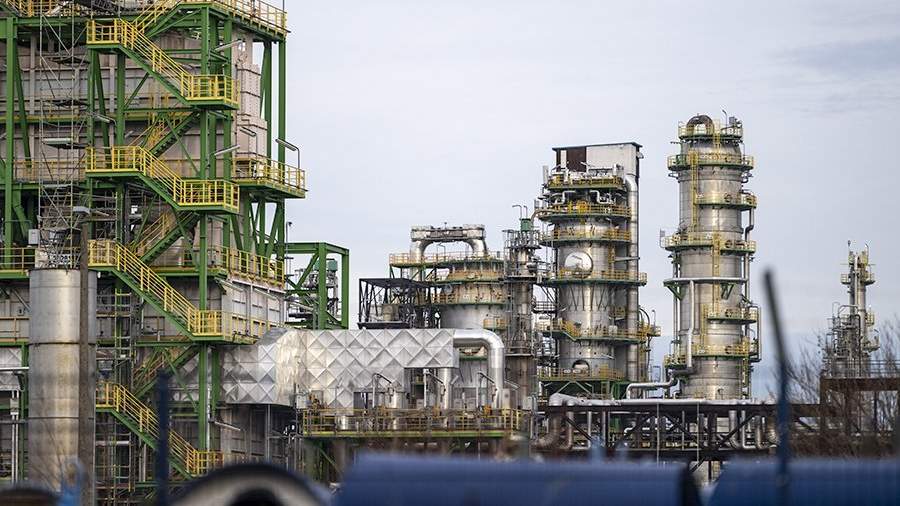
Turkey and Brazil largest purchasers of Russian diesel
By Rhod Mackenzie
According to a report in Kommersant, in the first two weeks of December Russian oil companies sharply increased seaborne exports of diesel fuel, which as a result they recovered to the level of 1 million barrels per day. This was made possible by the almost complete lifting of the export embargo imposed by the Russian government at the end of September. Turkey, the largest buyer of Russian diesel and the country most affected by the embargo, is still recovering to its previous import levels. The second largest supplier was Brazil, which increased its imports from the Russian Federation for the third month in a row.
In the first weeks of December, the Russian Federation restored its marine exports of diesel fuel to the level of 1 million barrels per day (b/d), according to Kpler data.. This is the highest level since August 2023. Russian oil companies were able to significantly increase supplies of diesel fuel in the first month of winter thanks to the lifting of export restrictions.
Due to a significant increase in fuel prices, the Russian authorities imposed an export ban on petrol and diesel fuel from 21 September. As a result, tanker deliveries of diesel fuel fell to 740,000 b/d in September. However, just two weeks later, the ban on exports of diesel fuel to ports by pipeline was lifted, as maintaining a complete ban threatened refiners with overstocks and a reduction in oil refining. In October, maritime exports of diesel fuel increased slightly to 768 thousand bpd.
In the first half of November, the Russian Federation lifted the embargo on petrol exports and, at the end of the month, on summer diesel exports.
According to Kpler, sea exports rose to an average of more than 800,000 b/d in November. Winter diesel, for which demand increases in Russia during the cold season, was not exempted from the ban. In November, its quotation on the St Petersburg International Exchange exceeded 75 thousand roubles per tonne. However, by mid-December, as production increased, prices began to fall: on 14 December, wholesale volumes on the St Petersburg International Trading Exchange fell by 3% to 69.8 thousand roubles per tonne. Overall, the economics of exporting petroleum products deteriorated slightly in December due to a stronger ruble amid lower global oil prices and increased payments to oil companies for supplies to the domestic market.
Turkey, once the largest importer of Russian diesel fuel and the country most affected by the export ban, increased its supplies of Russian diesel fuel to 319 thousand bpd in December. In October, Turkey's purchases of Russian diesel fell to their lowest level this year - 212 thousand bpd.
The second largest importer, Brazil, has increased purchases for the third month in a row, reaching almost 274 thousand bpd in December, and could break another record by the end of the month. Diesel deliveries to Algeria rose to 74,000 b/d, although the country previously imported just over 4,000 b/d. Turkey and Brazil have become the leading importers of Russian diesel this year, as EU countries have refused to buy Russian fuel due to sanctions imposed on the Russian Federation for the start of hostilities in Ukraine. On 5 February this year, the EU embargo on the purchase of Russian fuel, as well as a cap on its price, came into force.
The analyst recalls that the ban on the export of diesel fuel in September-October had a significant impact on Turkey, but a return to the previous flows can also be observed in the Turkish direction. According to his estimates, export dynamics will remain at around 1 million bpd, but will hardly reach the record of March this year (1.26 million bpd), mainly due to the sudden drop in oil refining rates in the first half of December. The expert points out that Russia has to comply with the OPEC+ agreements, which refer to the reduction of not only oil but also oil products exports.
